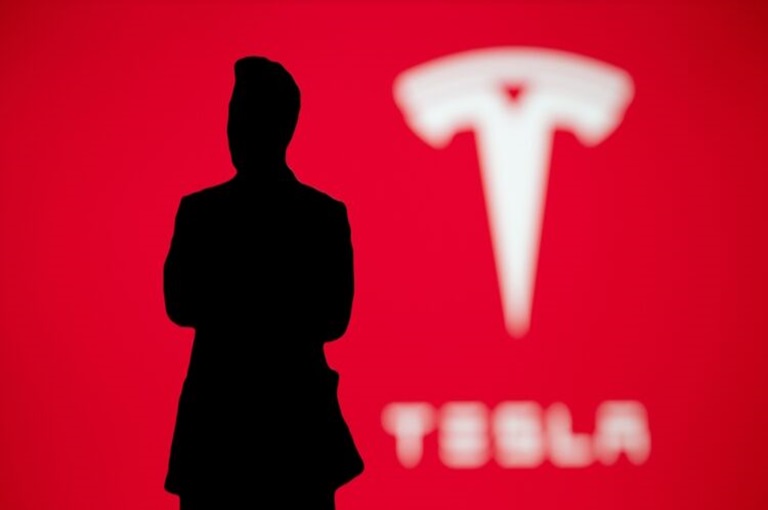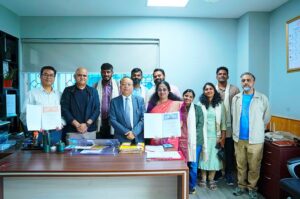
New Delhi: Tesla, a leading electric vehicle (EV) manufacturer, is reportedly planning to establish its first manufacturing facility in India, with Gujarat being the likely destination, as reported by Ahmedabad Mirror. The announcement is expected to be made during the Vibrant Gujarat Summit in January 2024, with the presence of Tesla’s CEO, Elon Musk.
Gujarat’s strategic advantages, including its favorable business environment and strategic location, have positioned it as the preferred choice for Tesla’s manufacturing endeavors. The state government has proposed several potential sites for the Tesla plant, including Sanand, Dholera, and Becharaji. By establishing a manufacturing presence in Gujarat, Tesla aims to cater to both domestic and international demands, including exports, from its Indian base.
Speculation surrounding Tesla’s entry into the Indian market has been circulating for some time, and discussions between the company and the Indian government have been ongoing. These discussions revolve around various considerations, including concessions and regulatory matters.
Currently, the Indian government has stated that no subsidies will be provided for imported EVs. However, recent reports indicate that Tesla might be granted the ability to import fully-built cars at a concessional import duty of 15-20 percent. This represents a substantial reduction from the existing duty rate of 100 percent on such imports.
Nevertheless, this concession is contingent upon Tesla establishing a manufacturing presence in India. Failing to meet this condition could result in the revocation of import duty benefits. While the potential entry of Tesla has generated excitement, some Indian EV manufacturers, such as Tata Motors and Mahindra & Mahindra, have voiced concerns regarding granting special treatment to the American automaker. These companies emphasize their ongoing contributions to the Indian automotive industry and their efforts in manufacturing electric vehicles within the country.
Gujarat, already home to major manufacturing facilities for renowned automakers like Maruti Suzuki, Tata Motors, and MG, further solidifies its position as a prominent hub in the Indian automotive industry. By attracting Tesla’s manufacturing plant, Gujarat demonstrates its growing significance in the EV sector and strengthens its position as an automotive powerhouse.
Overall, if Tesla finalizes its plans to establish a manufacturing plant in Gujarat, it could mark a significant milestone for the Indian automotive landscape. The investment would not only boost EV production and address the increasing demand for sustainable transportation but also stimulate job creation and contribute to the growth of the local economy.







